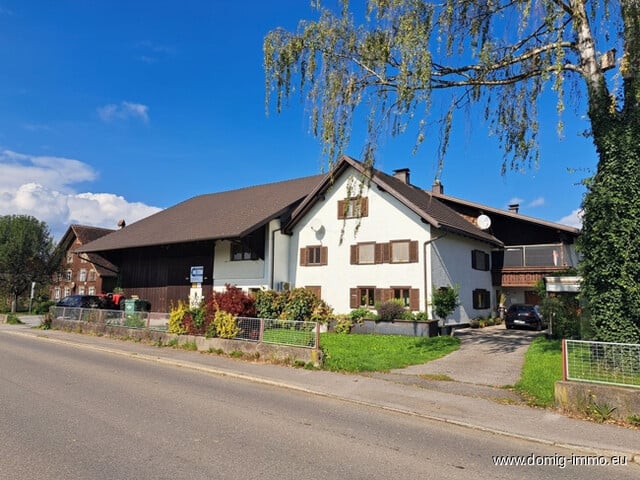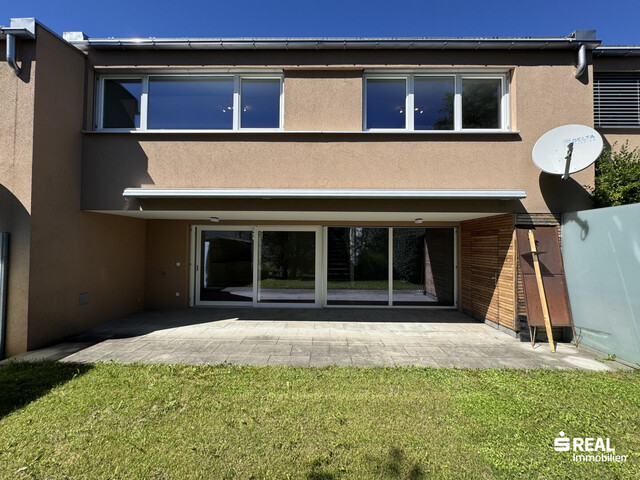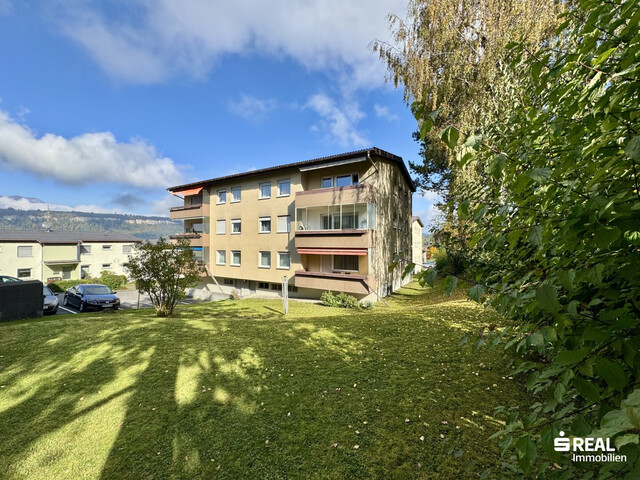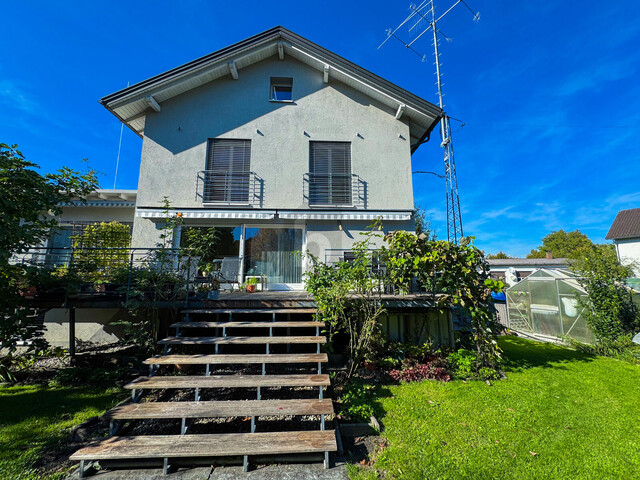Grasser and Hochegger Face Further Proceedings

These partial annulments concern former Finance Minister Karl-Heinz Grasser for evidence tampering and co-defendant Peter Hochegger in the breach of trust case at Telekom Austria, as well as for false testimony before a parliamentary inquiry committee.
Further proceedings against Grasser and Hochegger possible this year
According to the Supreme Court, the reasons for the annulment were "legal errors due to lack of findings, on the one hand regarding individual elements of the offense and on the other hand regarding the clarification of the statute of limitations." The consequences of the partial annulment for the two defendants are initially unclear - because the prosecution can also withdraw the charges if they believe a conviction would have no significant impact on the sentence. Both Grasser and Hochegger were already legally convicted yesterday on the main charge of "breach of trust."
If the charges remain, another trial could be possible this year, according to Supreme Court spokesperson Frederick Lendl. Marion Hohenecker, the judge in the criminal proceedings at the Vienna Regional Court, would no longer be responsible for the case. On the one hand, because she has since moved to the Economic and Corruption Prosecutor's Office - on the other hand, because the Code of Criminal Procedure explicitly provides for a new judge, Lendl told APA.
The court addressed Hochegger's partial confession in the initial trial at the Regional Court in its reasoning on Tuesday: "Since the now 75-year-old Dr. Hochegger, who was the only one of the defendants to partially confess and made a significant contribution to finding the truth, has already spent several months in prison and has behaved well for almost two decades, the Supreme Court conditionally suspended part of the imposed two-year sentence with a three-year probation period."
Supreme Court President sees exceptional trial duration against Grasser and Co. in ZiB 2
Yesterday, the Supreme Court halved the sentences of Grasser, Hochegger, and other co-defendants in the Buwog trial from 2020, with the long trial duration cited as a significant reason by the five-member panel of judges. According to Supreme Court President Georg Kodek, the investigation and trial duration of around 15 years was an "outlier." Kodek spoke in ZiB 2 of an "exceptional" trial duration that should not happen. The "measurable and noticeable" reduction of the sentence now compensates for the present violation of fundamental rights. One can also learn from such a trial, Kodek said. There is "a whole bundle of causes" for this.
Robert Kert, an expert in economic criminal law from the Vienna University of Economics and Business, was also not surprised by the mitigation of the sentences. The sentences were quite high in the first instance. Additionally, "the trial duration became even longer." A long trial duration "is simply a significant mitigating factor," Kert said on ORF III on Tuesday.
One of the central reasons for the duration lies in the Austrian Code of Criminal Procedure. It requires that every fact be investigated down to the smallest detail. The legislator should provide options for dropping individual strands of proceedings in such large criminal cases, according to Kert. According to Georg Krakow from Transparency International, the long duration of the proceedings leading to such a high reduction in sentence is unusual for Austria. It has not happened to this extent before. He also stated that the procedure took too long and was not efficient - especially for the taxpayer.
Grasser must serve at least one year in prison after Supreme Court ruling
For the 56-year-old Grasser, it now means waiting for the written request to begin his prison sentence. Once the Supreme Court issues the judgment to the first court and it is forwarded to the convicted, there is a request to begin the prison sentence within 30 days. First-time offenders usually have to serve two-thirds of the prison sentence, which in Grasser's case would be 2 years and 8 months.
Ideally for the prisoner, the sentence can be reduced to half, that is, 2 years, with one year already being replaced by house arrest with an electronic tag (cost: 22 euros/day for the prisoner). Then the ex-minister would have been behind bars for one year. The likely place for his imprisonment is the Innsbruck prison (commonly known as "Zieglstadl"), as Grasser has his main residence in Kitzbühel.
Grasser and the ex-lobbyist Walter Meischberger, who was sentenced to three and a half years, announced their intention to go to the European Court of Human Rights (ECHR). However, this does not have a suspensive effect on the imprisonment. Proceedings at the ECHR usually take several years. However, if the ECHR finds a violation of human rights, it can oblige Austria to pay compensation to the affected parties. ECHR judgments are legally binding for Austria.
Grasser and Co. must pay damages to the Republic
The private party representatives were referred to the civil courts by the highest judges on Tuesday. The legally convicted must also pay damages. The Supreme Court confirmed the award to the Republic of Austria concerning Grasser and Meischberger (9.8 million euros), Petrikovics (9.6 million euros), and another defendant (4.8 million euros).
(APA/Red)
This article has been automatically translated, read the original article here.
Du hast einen Hinweis für uns? Oder einen Insider-Tipp, was bei dir in der Gegend gerade passiert? Dann melde dich bei uns, damit wir darüber berichten können.
Wir gehen allen Hinweisen nach, die wir erhalten. Und damit wir schon einen Vorgeschmack und einen guten Überblick bekommen, freuen wir uns über Fotos, Videos oder Texte. Einfach das Formular unten ausfüllen und schon landet dein Tipp bei uns in der Redaktion.
Alternativ kannst du uns direkt über WhatsApp kontaktieren: Zum WhatsApp Chat
Herzlichen Dank für deine Zusendung.








